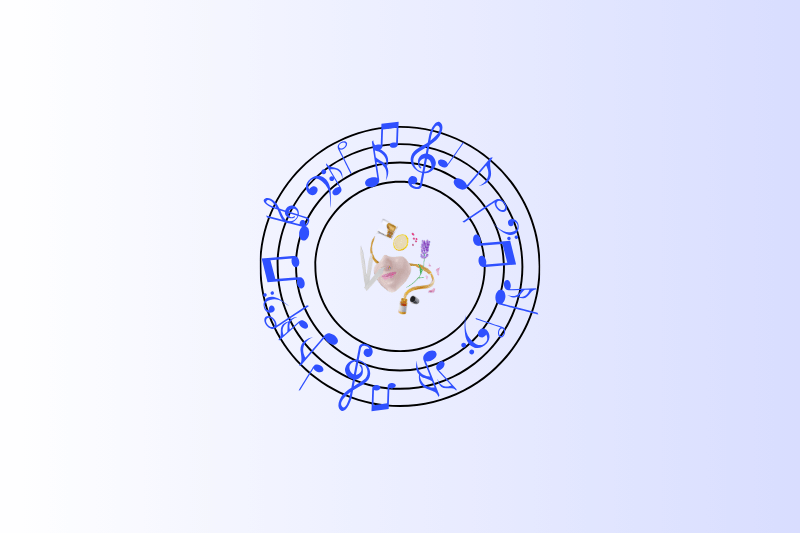
At nisbah, we believe understanding fragrance notes helps you choose perfumes you’ll truly love. Whether you prefer citrus bursts or warm vanillas, this guide explains top, heart, and base notes, so you can discover how perfumes evolve — and last.
🌿 What Are Perfume Notes?
Perfume notes are the individual scent layers that make up a fragrance. They develop in stages once applied — like musical notes in a song, blending together to form a harmonious composition.
Each perfume is typically divided into three layers:
Top Notes (Opening) – the first impression
Heart Notes (Middle) – the core identity
Base Notes (Dry-down) – the lasting memory
🍋 Top Notes – The First Impression
Top notes are the lightest and most volatile scents. They hit your nose immediately but fade within 15–30 minutes.
Common top notes include:
Bergamot
Lemon
Grapefruit
Lavender
Mint
💡 These create freshness and attract your attention instantly — the “wow” factor when you first spray.
🌹 Heart Notes – The Soul of the Fragrance
As top notes fade, heart notes emerge — forming the main personality of the perfume. They last for 2–4 hours and define how others perceive your scent.
Typical heart notes:
Rose
Jasmine
Cinnamon
Geranium
Blackcurrant
💖 This is the emotional core — romantic, floral, spicy, or aromatic depending on the blend.
🌰 Base Notes – The Lasting Impression
Base notes appear once the perfume settles. These heavier molecules anchor the fragrance, adding warmth and depth.
Popular base notes include:
Amber
Vanilla
Musk
Sandalwood
Patchouli
🕯️ They linger for hours (sometimes all day), giving your perfume its staying power and sensual finish.
🧠 How Perfume Notes Work Together
A well-crafted fragrance uses notes that complement one another. For instance, a citrus top might blend into a floral heart, ending with a warm woody base.
Think of it like this:
🎵 Top notes = Intro
🎵 Heart notes = Chorus
🎵 Base notes = Outro that stays with you
That’s why perfumes smell different after a few hours — your body heat slowly reveals each layer in sequence.
🌼 How to Choose Perfumes by Notes
Love freshness? Try citrus or green top notes.
Prefer sweet or cozy scents? Look for vanilla, amber, or musk bases.
Want romantic or classic? Choose rose or jasmine hearts.
💡 Pro Tip: Read the note pyramid on product pages before buying — at nisbah, every fragrance listing includes full note breakdowns for transparency and trust.
💬 FAQ
Q: What are the three types of perfume notes?
Top, heart (middle), and base notes — each contributes to how a perfume smells over time.
Q: Why do perfumes change scent after a few hours?
As top notes evaporate, heart and base notes reveal themselves, creating the fragrance’s full evolution.
Q: What notes make perfume last longer?
Heavier base notes like musk, amber, and sandalwood provide longevity. Read more in How to Make Your Perfume Last Longer.
🧭 Internal Links
Learn more about concentrations in Eau de Parfum vs Eau de Toilette.
Understand scent selection in How to Choose a Signature Scent.
Discover performance tips in How to Make Your Perfume Last Longer.
✨ Final Thoughts
Perfume is an art of layers — understanding its structure helps you choose scents that reflect your mood and style.
🌸 Explore our collection of 100% authentic perfumes at nisbah.com.au.
Share this article
Perfume Notes Explained – Top, Heart & Base Notes Guide
Ever wondered why your perfume smells different after a few hours? That’s the magic of perfume notes — the layers that unfold over time to create a scent’s unique character.